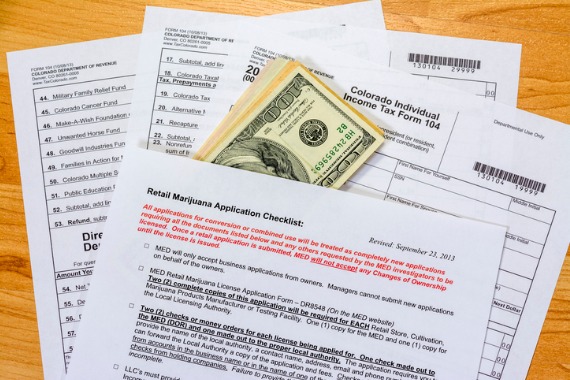The Cannabis Industry is Creating More Jobs During the Pandemic
The pandemic, it seems, has been a blessing for the cannabis industry. Despite being a still-developing industry without federal legalization, consumer demand has maintained – and in some cases grown – since the beginning of the COVID-19 restrictions. Due in large part to many states designating cannabis companies as pandemic “essential businesses,” today many cannabis companies are looking for their next “essential workers.”
Including the elections, any way you look at 2020, it’s been an excellent year for cannabis. In fact, some companies have had trouble keeping up with the increased demand.
At the onset of pandemic restrictions, cannabis products flew off shelves as people ready to shelter-in-place purchased their favorite bud flower, edibles, oil and other forms in bulk, leading to the legal cannabis industry’s first significant sales spike in March 2020. Only a month later on April 20, the Black Friday for cannabis operators, followed that spike with a week-long buying surge where cannabis companies in some cases reported a 250% increase in total sales over the same period in 2019.
It’s no surprise that people are flocking to score. In times of crisis, the tobacco and liquor industries have historically done well as consumers seek temporary relief from the uncertainties. Even some of the smaller cannabis operators are adding workers. While fewer consumers are shopping in-store, states that allow delivery options create job opportunities, leading to larger purchases and a surge in sales.
An expanding cannabis workforce
As one of the fastest-growing industries in the United States, cannabis has potentially created new employment opportunities amid a health and economic crisis. Today, the legal cannabis industry is eyeing a future of expansion and continued legitimization to keep the drive alive beyond the national economic downturn and looking to hire new employees.
Cannabis companies can increasingly offer their workers livable wages, career advancements and job security on top of developing skilled staff appropriately trained to manage safety and compliance issues within the industry.
Cannabis has created jobs in an economy that’s left many people unemployed from restaurants and other retail establishments that took a hit. These applicants are coming to cannabis businesses claiming that the loss of a job or difficulty finding a new one was just the push they needed to find work in the cannabis industry.
Many of the candidates are perfectly suited for customer service jobs and at better hourly wages. According to market data, depending on the position and level of experience, switching professions to an entry-level legal cannabis job can typically pay between $12 and $20 per hour. Director and management level’s annual salary can reach anywhere from $50,000 to $190,000.
Cannabis 2020 At a Glance
- U.S. legal cannabis sales to increase 40% from 2019 and reach $15 billion by the end of 2020
- Cannabis industry employment to increase 50% from 2019 and reach almost 300,000 full-time jobs by 2020 year-end
- These figures put the number of jobs in the cannabis industry on par with the beverage industry and the same number as computer programmers
-Marijuana Business Daily’s Annual Marijuana Business Factbook
It’s important to note that these numbers reflect legal adult-use cannabis in only 11 states and Washington D.C. with New Jersey, Arizona, Montana, and South Dakota having just voted to legalize recreational marijuana. That brings the total number of states allowing medical marijuana to 34 states. As cannabis legalization is expected to spread across the country to all 50 states, employment opportunities will continue to rise.
Cannabis professionals are becoming more visible as the industry continues to mature and the stigma behind the plant falls away. The need for ancillary services is growing as well – cannabis technology providers, law enforcement, and private security firms are not shying away from the new opportunities.
When most industries halted growth initiatives during the pandemic, cannabis has shown remarkable resilience like it was primed for this moment. As long as cannabis industry leaders remain flexible and proactive, the market will continue to grow and develop its workforce.
If your cannabis organization is seeing increased demand and adding to your staff, aim for structured growth. If you have questions on how to go about it, let us know– we’d love to help.






